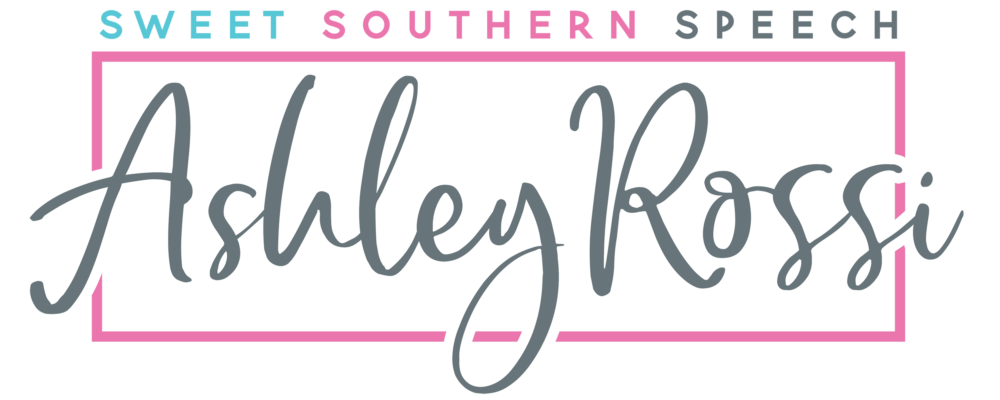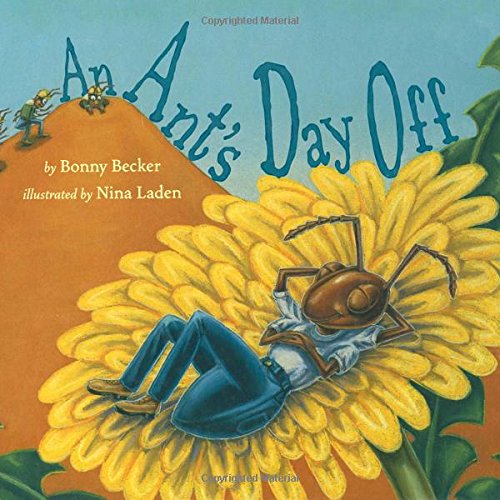Bart the sand ant has heard these words for as long as he can remember. Never in the history of antdom has an ant taken a day off. Still, Bart can’t help but wonder what it might be like to see what goes on out there in the big, wide world. “They’ll never let you back in!” warns his best friend, Floyd, about leaving the nest. But Bart leaves his mounds of work behind, and discovers just how important it is for an ant to find some time for himself every now and then.
This inspiring bugs book can be used in speech therapy to address social/emotional issues like having different perspectives, self-care and self-doubt. It is also great for noticing character expressions and for targeting predicting, inferencing, and character analysis as well as for a variety of verbs such as linguistic and mental state! Discover more of the speech and language teaching concepts for using An Ant’s Day Off in speech therapy below:



